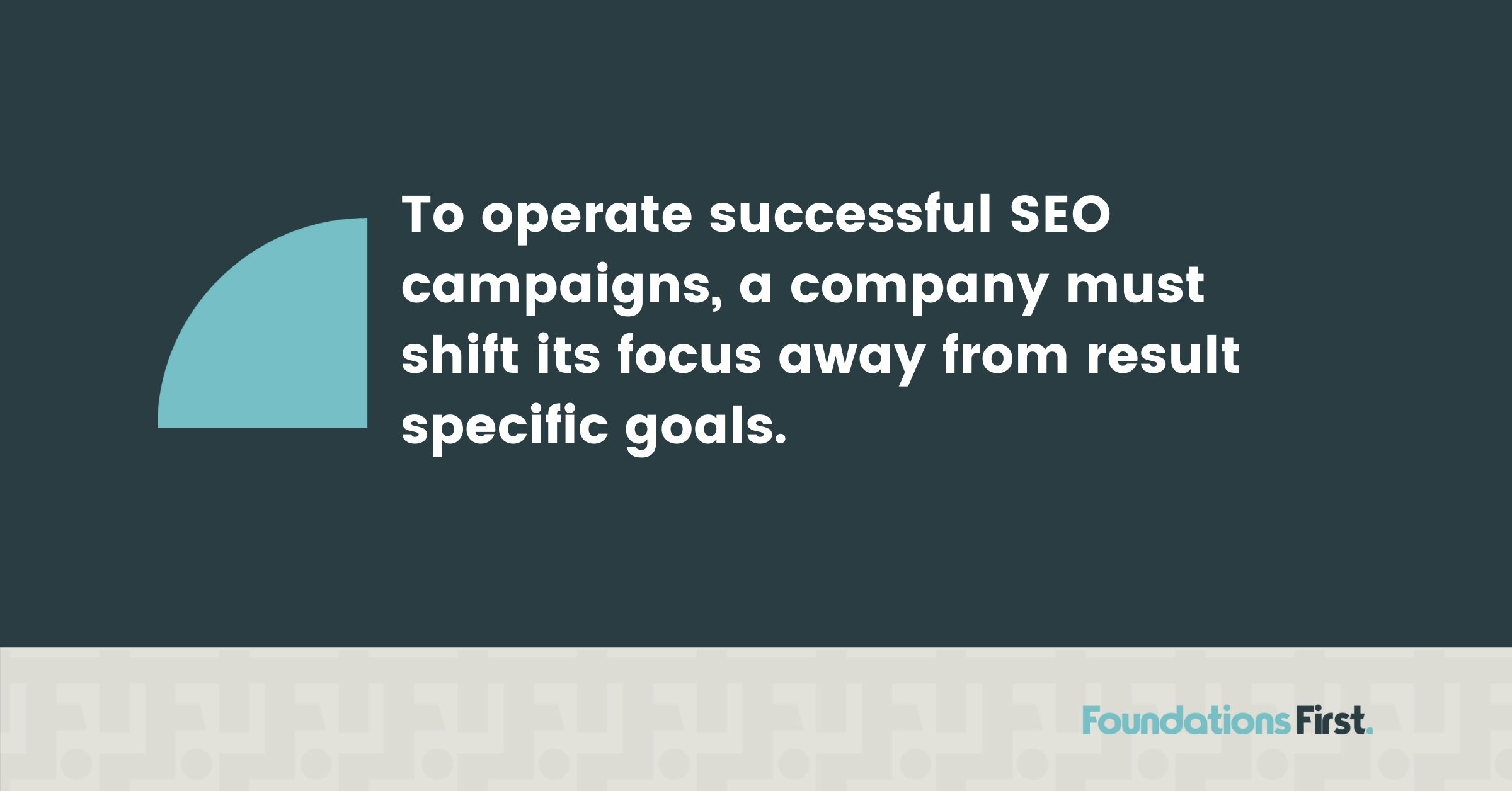Expectations can set you up for disappointment unless those expectations are rooted in reality. Understanding search engine optimization principles will help you restructure your SEO campaign within a realistic goal set. The keys to meeting those SEO goals over a long term are patience and commitment to process goals.
Patience is Imperative
Good things come to those who wait. Although this phrase was certainly not coined with search engine optimization in mind, the cliché should be a trademark for SEO.
The Internet age, and especially ecommerce, engenders a demand for immediate gratification. People are used to achieving short-term goals instantly online. SEO does not work like one-click shopping.
SEO is more like personal fitness. You can’t expect to lose ten pounds and one pant size after a week of hitting the gym. You also can’t expect to see the positive results of SEO in such little time. Attempting to achieve goals instantly is impossible. SEO should not be thought of as a task, but rather a habit. Habits require commitment, effort, and patience. Habits get results.
Focus on Progress Goals
SEO is a long-term initiative, which should reflect long-term goals. To operate successful SEO campaigns, a company must shift its focus away from result specific goals. Setting progress goals, instead of results-specific goals, fulfills long-term initiative requirements. Progress goals prevent disappointment from expectations based simply on anticipation.
As with any long-term goal, the success of an initiative relies upon how much effort and attention is given to it. Small brands cannot compete against massive, multinational companies. This concept holds true especially when tasks seem overwhelming and endless. But when SEO campaign expectations align with realistic progress goals, small brands can be just as effective as large companies.
The New Face of SEO
Search engine optimization has changed. We must change with it. Years ago, rankings could improve by making some changes to existing pages, or making meta-tag adjustments. Perhaps adding some optimization or keyword targeting is all it would take to bolster those rankings.
Those were the days.
Today’s SEO professionals do more…a lot more. We’re talking analysis of strategy and tactics related to:
- content, user experience, and branding
- accessibility and speed
- keyword targeting
- competitive benchmarking
- potential opportunities
- channels most likely to result in the highest ROI
That’s not it! SEOs also trace success through tasks such as:
- goal tracking
- measuring site traffic
- tracking keyword rankings, and communicating with clients
Even after devoting months to analyzing the results and developing strategies, it can be impossible to see the full value of SEO.
With These Frustrations, What’s the Solution?
Don’t abandon SEO for some other channel. Instead, shift your focus and expectations.
Evaluate your SEO campaign and generate long-term, realistic, progress-based goals. Focus on investing in the habit of patience, on the processes, and the principles they represent.










